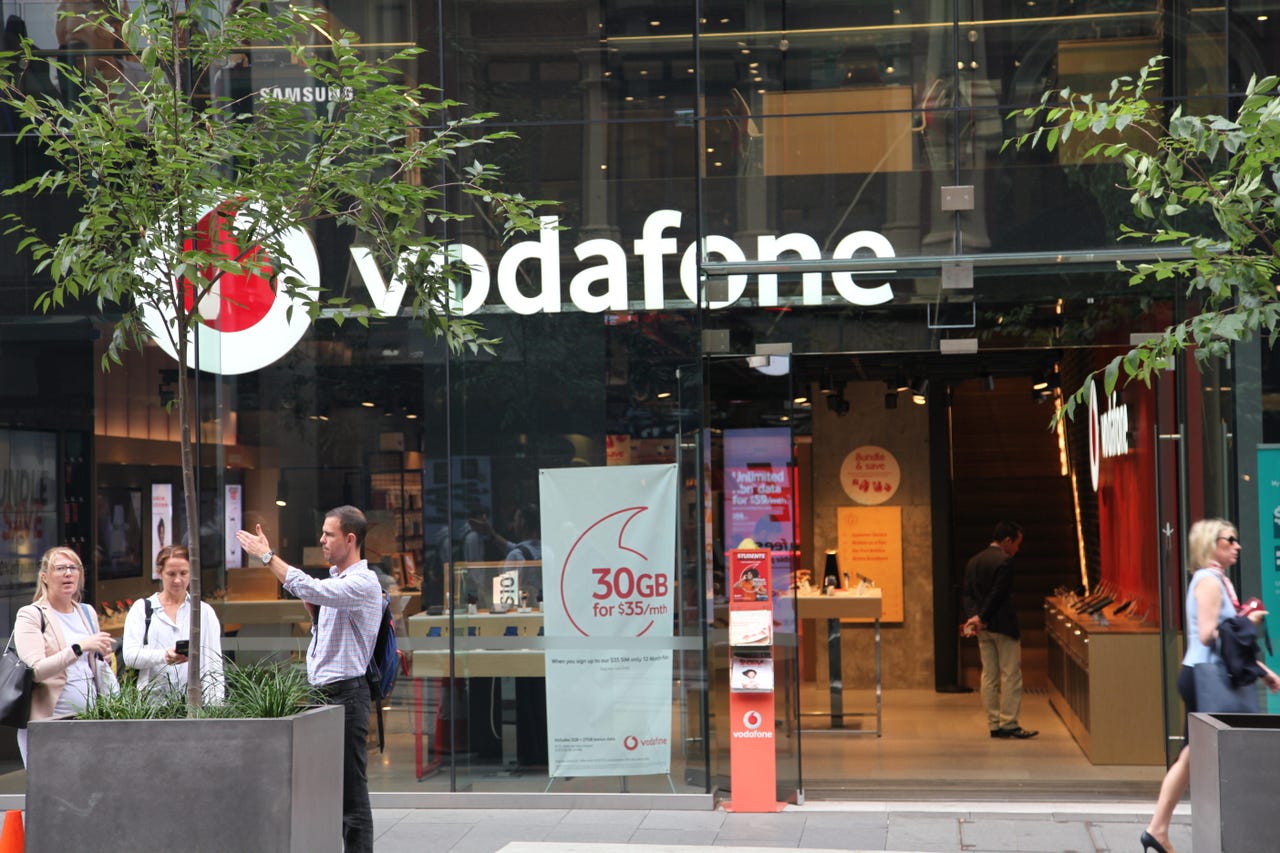TPG and Vodafone merger approved by Federal Court

TPG's elusive chairman, CEO and largest shareholder, David Teoh, said building a fourth mobile network wasn't financially viable. Vodafone said the proposed merger would create a stronger third mobile network business in Australia, enhancing competition, while the ACCC said blocking the merger would result in TPG building a fourth mobile network in Australia, which would also enhance competition.
After three weeks of evidence delivered last September from a variety of witnesses, including financial experts, network engineers, and a rare public appearance by Teoh, followed by months of deliberation, Justice Middleton has finally ruled that the proposed merger can go ahead.
Middleton allowed only his introduction to be made public, with his full report spanning 899 paragraphs and 255 pages to remain confidential.
The ACCC blocked the merger in May as the regulator said it would result in less market competition under Section 50 of the Competition and Consumer Act 2010. It seems the court thought differently as it came to the conclusion that the merger would not reduce competition, which means the TPG-Vodafone combo will proceed ahead.
The "moment has passed" for TPG to roll out its own mobile network, said Middleton. There's "no real chance", or "commercially relevant" opportunity that TPG will deploy its own mobile network. The merged business would be in a stronger position to compete with Telstra and Optus, he added. TPG's network, if it were to deploy one, would be "lacklustre".
"It is not for the ACCC to engineer a competitive outcome", said Middleton.
See also: TPG and Vodafone Australia to merge into AU$15b telco named TPG
Based on the evidence presented to the court, Middleton said there was no real chance that a fourth mobile network built by TPG would succeed commercially. He also noted that any potential plan would require the compliance of Teoh, and if the TPG CEO changed his mind, it would have required TPG's board to undertake the appropriate diligence.
Middleton said that the evidence put forward by TPG and Vodafone was credible and that no attack was made on Teoh's testimony. And while his "fluid" approach was "unconventional", he is not foolhardy, Middleton added, noting that the TPG board decided to not pursue the construction of a network a year ago and nothing has changed since then.
Much of the ACCC's case was based on evidence that it was possible for TPG to build a network. But the ACCC will not be the entity building the network and the risks would be on TPG, and it would be that company's business decision.
While TPG decided to try and build a network, the will to create the network to do so now has evaporated. And it is "extremely unlikely" that will change over the next five years, said Middleton.
"TPG's ship has sailed," said Middleton with reference to building a mobile network.
Vodafone Australia CEO Iñaki Berroeta said the quicker the merger can proceed, the faster Australia can have "better competitive outcomes".
"It's been 18 months since we commenced the approval process for this merger and we're very keen to move forward and deliver these benefits as soon as possible," he said.
The attack made by the ACCC was based on TPG revisiting decisions of the past but this was now of limited value, Middleton said, unless you took into account the conditions of those decisions at that point of time.
At the time of when TPG started to build the network, it was viable. But market conditions are different today so it is not enough to suggest that decisions made by TPG in 2017 could simply be reversed today, the judge said.
"Australian consumers have lost a once-in-a-generation opportunity for stronger competition and cheaper mobile telecommunications services with this merger now allowed to proceed," ACCC Chair Rod Sims said after the decision.
With that, the court has reached the conclusion that the merger would not reduce competition, and that TPG would not build a network in the next five years -- even if the merger was blocked.
The court has ordered that combining TPG and Vodafone would not have the effect of substantially lessening competition.
RELATED COVERAGE
- ACCC says TPG consultant 'had no idea' in TPG-VHA merger case
- Another day, another expert carved up in the TPG-VHA merger case
- TPG put key investor 'over a barrel'
- TPG kept looking into 5G even though Teoh killed the project
- VHA and TPG close by stating ACCC needs a 'forensic Tardis' to oppose merger
- Ericsson asked about 'favourite children' in Vodafone-TPG blocked merger case
- Teoh wanted his TPG kingdom to be a mobile operator 'no matter what': ACCC
